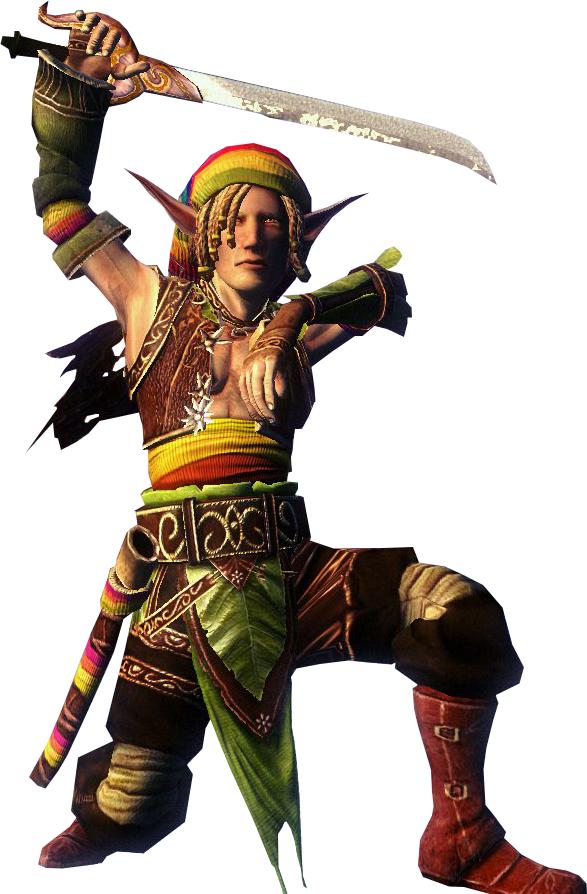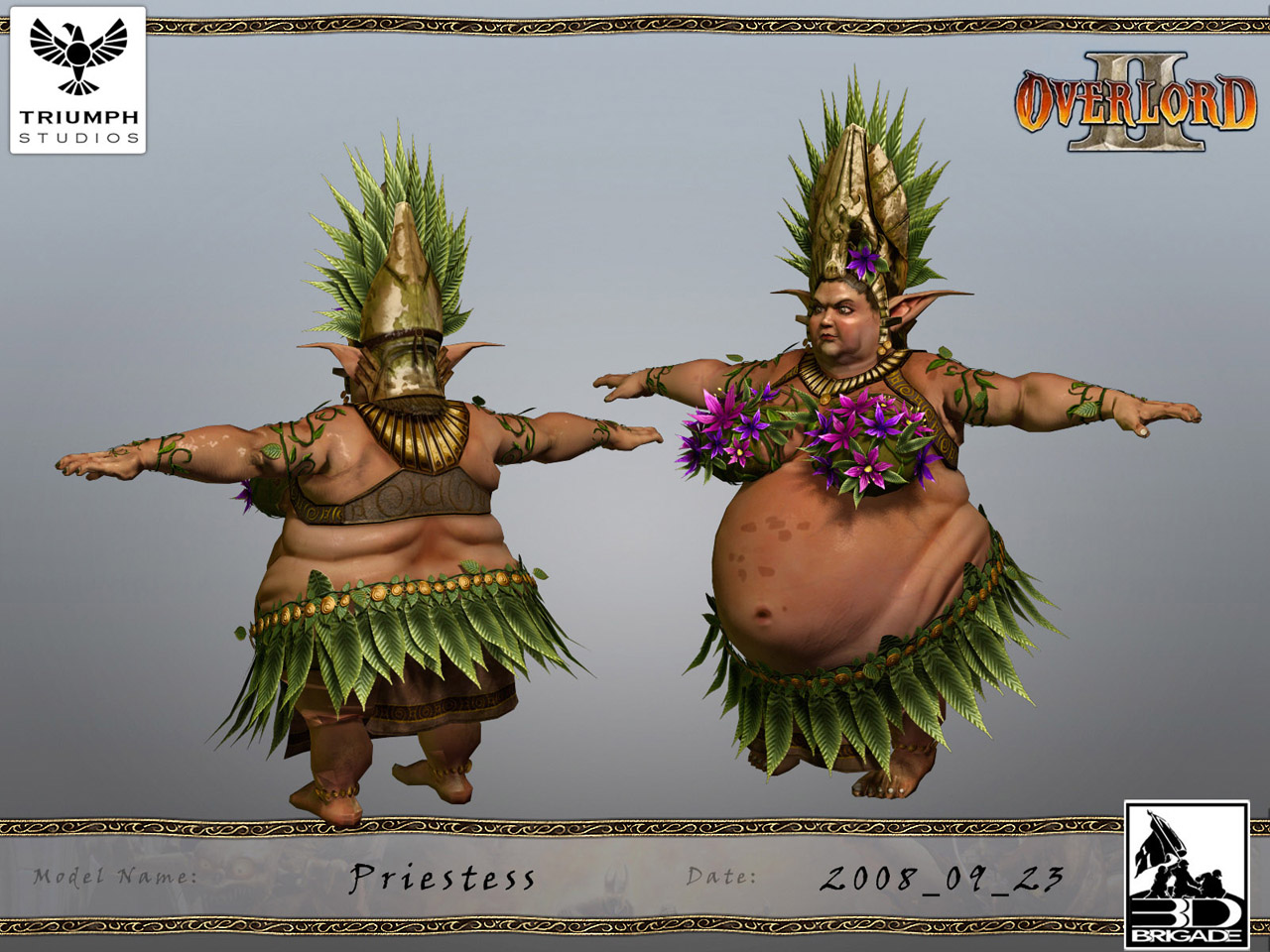Part 1 of a series of questions.
Generally, in fantasy humans are always disadvantaged when compared to other races (short lives, less fighting skill, weaker with magic, etc). I want to avoid this, by having all the races have some advantages, and some disadvantages, when compared to humans as a frame of reference.
World information: There are 7 sapient races. These are human, elf, dwarf, orc, goblin, reptilian (lizard men) and avian (bird people). The races were created by the gods as entertainment, and as a competition of whose race is superior. As such, no race should be completely advantaged. The world is set within the medieval ages, different races and cultures can be more or less advanced, but none are more than the 13th century level. There is also a medium amount of magic present.
Magic System: Magic comes from the echos of creation, similar to how we have Cosmic microwave background radiation. When passing through the Soul Reservoir into this plane of existence, some beings are affected by the Creation Echos, and will be capable of using magic. The use of magic is powered by an individuals willpower, and belief in the effect. All races use the same magic, but with different methods and purpose. Orc shamans for example draw out their magic through war dances and songs to make themselves stronger. That is how their ancestors taught them to do it, and it is as the great god Durnak decreed it, which has worked out so far. A human uses magic by chanting in an ancient language, and a fireball shoots out. The Order of the Great light taught him so. However a human that is brought up in an Orcish stronghold, will use magic with dance and song, to strengthen the troops.
Info about humans:
- Lifespan of 50-60 years.
- Height of 5.6 to 6.2 feet (1.70 to 1.89 meters)
- Human tech is based on European 10th century.
- Humans capable of using magic are born approximately 1 per 1000.
- Population type is typical of the time period, large capital cities, medium towns and small farming villages and homesteads.
Info about elves:
- Lifespan of 500-700 years.
- Height of 6.5-7.5 feet (1.98 to 2.13 meters)
- Elven technology is around the 9th century of East Asia. No gunpowder and explosives.
- Elves capable of using magic are born approximately 1 per 100.
- Population is comprised of capitals with 1 to 5 thousand inhabitants, and small communities of 50 to 300 elves. These are spread out through several large forests.
The advantages that Elves would have are a long lifetime in which to improve and perfect their skills, making them deadly warriors. They also have a great amount of magic users and power. The elves are also bigger and stronger than humans, as well as being faster (more dexterous). While number balancing can work a bit, it does not always mean a disadvantage. Real life examples are how the British empire ruled a fairly large portion of the world, in South Africa at the Battle of blood river, 470 Voortrekkers defeated an estimated 10-15 thousand Zulus, while during the Anglo Boer war, 600 000 British troops where held off for a long time by 55-60 thousand Boer forces.
One method of nerfing the elves a bit, is based on a previous Q/A I read, which is that elves are only able to reproduce after 100 years. After giving birth, a female will only become fertile after another 50 years. Another nerf I am giving them is that due to their long lives, they do not have the same rushed and frenzied mindset that most humans have. They are more than happy to spend a whole day collecting herbs and berries, because they have so much time to do other stuff.
The Question: What other methods and disadvantages could I use for balancing the elves to a human. This does not have to be one elf equals one human, but rather, in a battle between an elven nation and a human nation, neither side should have an absolute advantage.


